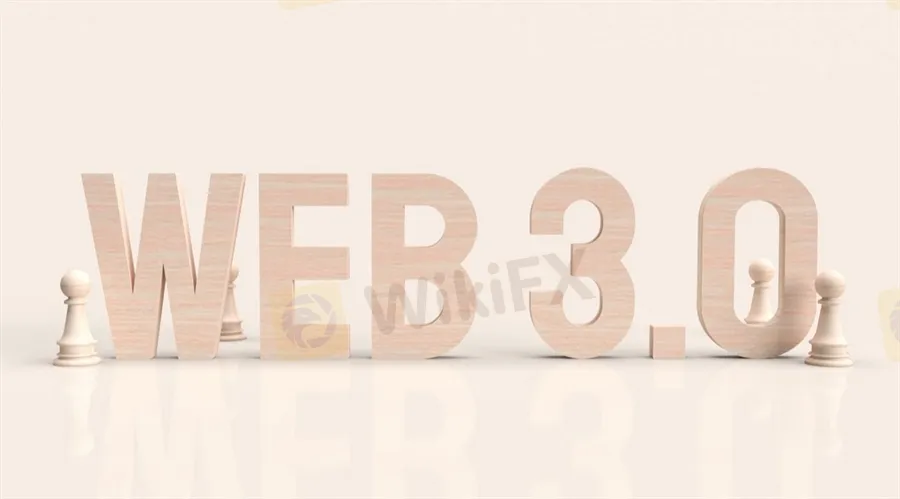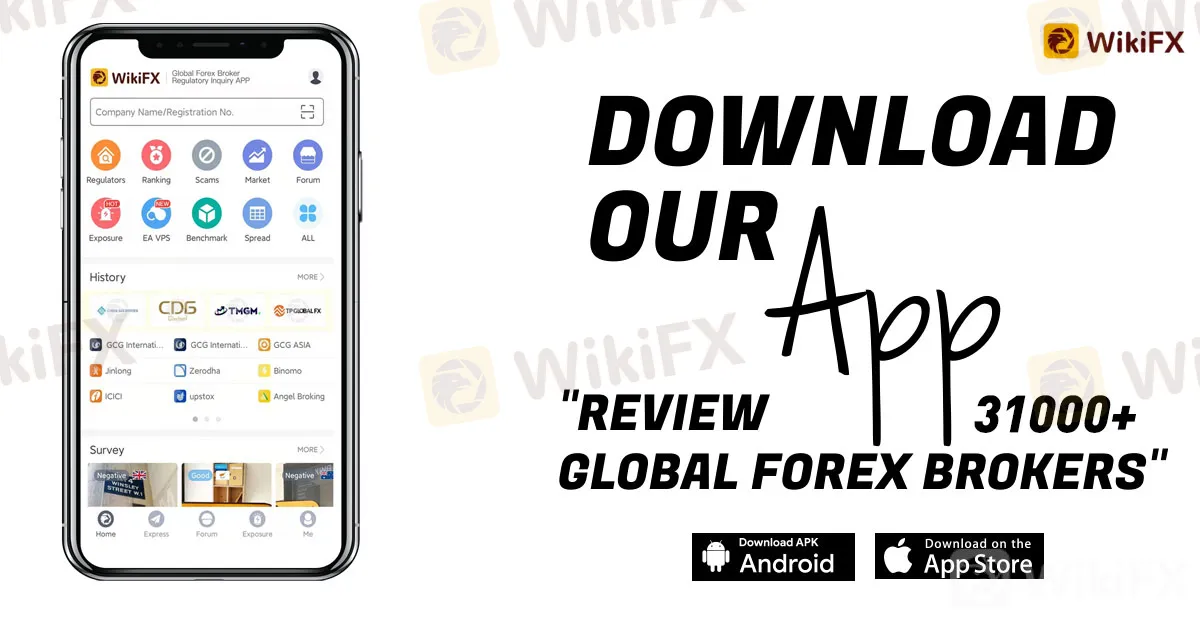简体中文
繁體中文
English
Pусский
日本語
ภาษาไทย
Tiếng Việt
Bahasa Indonesia
Español
हिन्दी
Filippiiniläinen
Français
Deutsch
Português
Türkçe
한국어
العربية
While web2 is efficient and accessible, it is highly centralized.
Abstract:Within the cryptocurrency ecosystem theres a lot of talk about web3, but definitions of web3 are unclear, as is how it ties in with cryptocurrency, and what it all leads to.

However, web3 cuts out middlemen and emphasizes ownership.
For historical context, web1 refers to the earliest version of the web, which consisted mainly of static pages and can be thought of as read only.
Another characteristic of the early web is its comparatively fringe nature. At that time, the web was a work in progress, and standard means of operating had yet to be established. As such, web technology was far from mainstream and required those curious about it to learn the ropes, keep an open mind, and have a degree of technical interest.
It was also unclear to casual observers whether any of this even mattered at all, or whether it was just a nerdish hobby. That the web would change the world and make fortunes might have been intuited by a few, to those who knew they knew, but it wasnt common knowledge.
And, then theres web2, transitioned into from the early 2000s. This is when the web becomes truly collaborative, with interactive applications and user-generated content. Blogs and social networks take off, media-sharing platforms are launched, and e-commerce changes the ways we do business. This version of the web is not read-only, it is a read-and-write platform.
An important aspect of web2 is that it transformed internet use, making the web a mainstream, user-friendly utility. Its at this stage that the web changes from a wires-hanging-out experiment into something easily comprehended and welcoming, and that works, more or less, for everyone.
And, what's more, network effects come into play, as the web begins actively altering everything it touches and all its users. It brings disruption and causes shifts in power while gifting an advantage to those who jump on board early and maintain their conviction.
What Will Web3 Do?
While web2 is efficient and accessible, it is highly centralized, with great power concentrated among a small number of tech giants. Whats more, users, despite providing the content that generates value, have limited ownership of their online identities.
Through blockchain technology and cryptocurrencies, web3 facilitates and is constructed around decentralized applications. It cuts out middlemen, introduces peer-to-peer transactions, and emphasizes self-sovereignty and ownership of ones online assets and identity. On web3, we can read, write and execute, in a permissionless, disintermediated environment.
There is a related definition of web3 in which it‘s referred to as the semantic web. This places emphasis on content and data being machine-readable, and on how artificial intelligence plays an increasingly important role. It’s a web that is navigated cooperatively by humans and machines.
Perhaps, then, we can view web3 as a combination of these things: a decentralized network, in which AI augments human intelligence, content is read, written and executed, we have ownership of our digital identities, and where transactions are conducted peer to peer through a native crypto economy.
There‘s something else worth noting though, which is that in some important ways, web3 is similar to web1. The echoes of web1 are in web3’s current condition, that is, in the fact that its still a work in progress, its future is unclear, some people doubt whether it matters, and in order to use its early features, you have to invest some time in figuring out new concepts.
And, that could lead to the conclusion that if web3 is the improvised and eccentric 2020s version of web1, then it might, therefore, be leading towards a streamlined, widely-adopted and world-changing new version of web2. Or, in other words, web4.
Web4 Will Be Frictionless
Change might really take hold through web4, meaning a progression from web3 that is packaged up in such a way that it‘s no longer necessary to pay attention to what’s going on under the hood. It will be frictionless, and users wont need to care what blockchains are operating, what a ZK-Rollup is, or what gas limit to set on a transaction.
In fact, looking back from web4, things like gas wars and paying for Ethereum transactions regardless of whether or not they complete will likely seem like curiosities from a turbulent, transitional period.
And, if discussions around fiat on and off ramps also become obsolete, through the formation of a circular crypto-economy crossing physical and digital boundaries, then the disruptions will have been even more radical.
There are other definitions of what web4 might become. As web3 is sometimes called semantic, so web4 is sometimes referred to speculatively as the symbiotic web, alluding to a symbiotic relationship between human and machine, perhaps even utilizing direct brain-machine interfaces.
However, this is crossing over into more science-fiction-inspired territory, and takes us down unfamiliar paths. Which is not to say that such tech won‘t at some time in the future become viable, but rather, that it's more distant and isn’t a natural corollary of what is being realized around cryptocurrency, online transactions and the overall movement toward decentralization.
Essentially, there are parallels between what happened as we transitioned from web1 to web2, and what is occurring now. If web3 is operable but outlandish, then it is web4 that will open the doors and invite people in.

Disclaimer:
The views in this article only represent the author's personal views, and do not constitute investment advice on this platform. This platform does not guarantee the accuracy, completeness and timeliness of the information in the article, and will not be liable for any loss caused by the use of or reliance on the information in the article.
Read more

Webull and Others Fined $275,000 for Incomplete Suspicious Activity Reports
Webull Financial, alongside Lightspeed Financial Services Group and Paulson Investment Company, LLC, has agreed to pay a collective fine of $275,000 following an investigation by the US Securities and Exchange Commission (SEC). The penalty was issued due to the firms’ failure to include essential information in suspicious activity reports (SARs) over a four-year period.

Barclays Resolves £40M Fine Over 2008 Fundraising Disclosure Failures
Barclays has reached a settlement with the UK’s Financial Conduct Authority (FCA), agreeing to pay a £40 million fine for failing to adequately disclose arrangements with Qatari investors during its critical fundraising efforts amidst the 2008 financial crisis.

WikiEXPO Global Expert Interview: Advanced Practices and Insights in Financial Regulation
In the midst of rapid advancements and evolving landscapes in financial technology, financial regulation, and ensuring financial security, WikiGlobal stands at the forefront, closely tracking these transformative trends. As we embark on our series of exclusive interviews focusing on these pivotal areas, we are delighted to have had an in-depth conversation with.

Alleged Concerns with TradeEU.global's Trading Practices
An individual trader has come forward with allegations of an unfavourable experience while using the services of the broker TradeEU.global.
WikiFX Broker
Latest News
Saxo & Portuguese Bank Partnership
SEC Fines Broker-Dealers $275K for Incomplete SAR Filings
Elon Musk Warns of Imminent US Bankruptcy | Bitcoin Retreats from $100K
UK FCA Fines Barclays £40 Million Over 2008 Deal
WikiEXPO Global Expert Interview: Advanced Practices and Insights in Financial Regulation
Justin Sun Invests $30M in Trump-Backed World Liberty Financial
Lured by False Promises: Malaysian Driver Lost RM218K to an Investment Scam
FTX Sets March 2025 Timeline for Creditor Payouts: What It Means for Investors
What is an Economic Calendar? How it works
Pros & Cons of Automated Forex Trading
Currency Calculator


